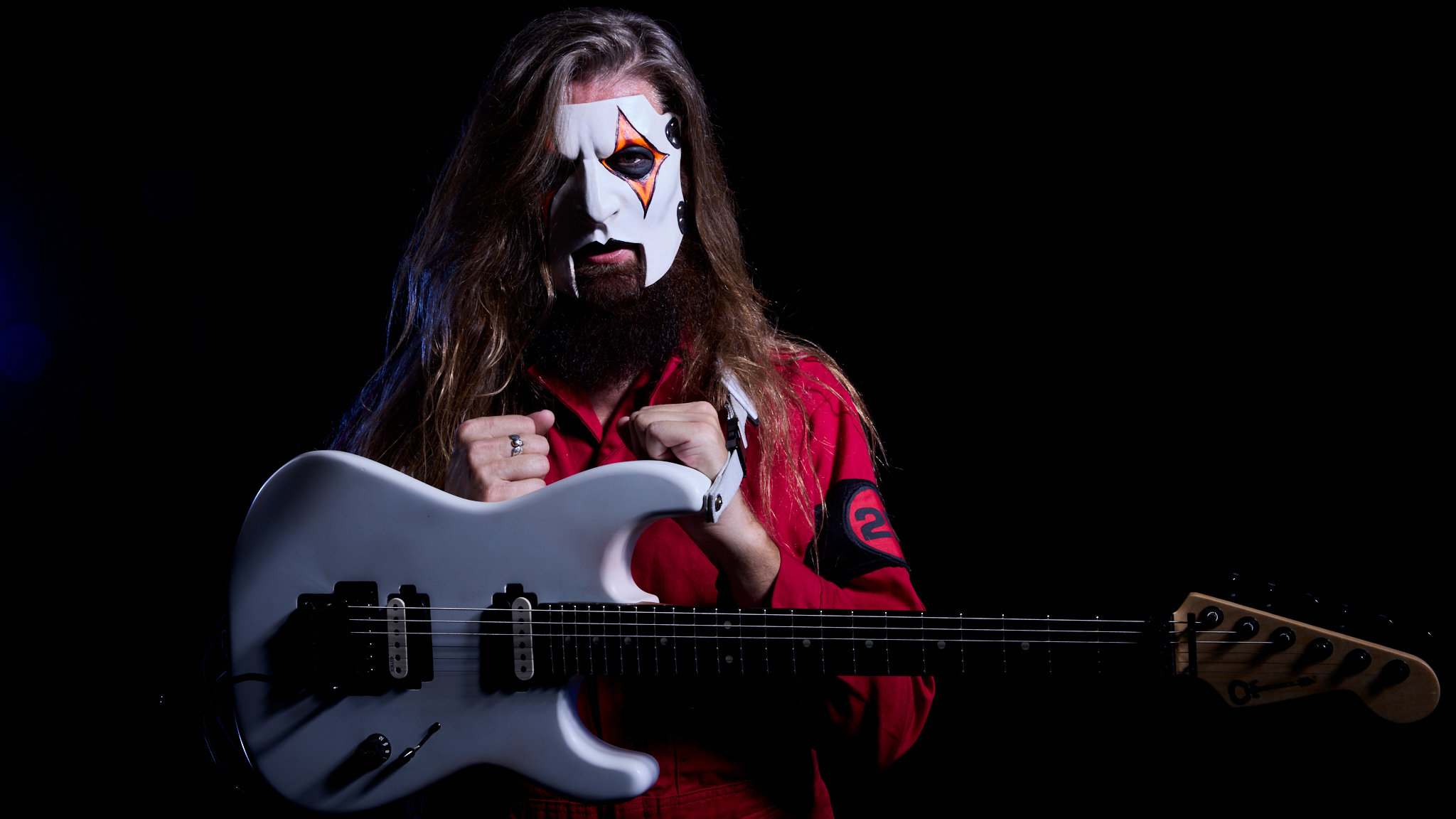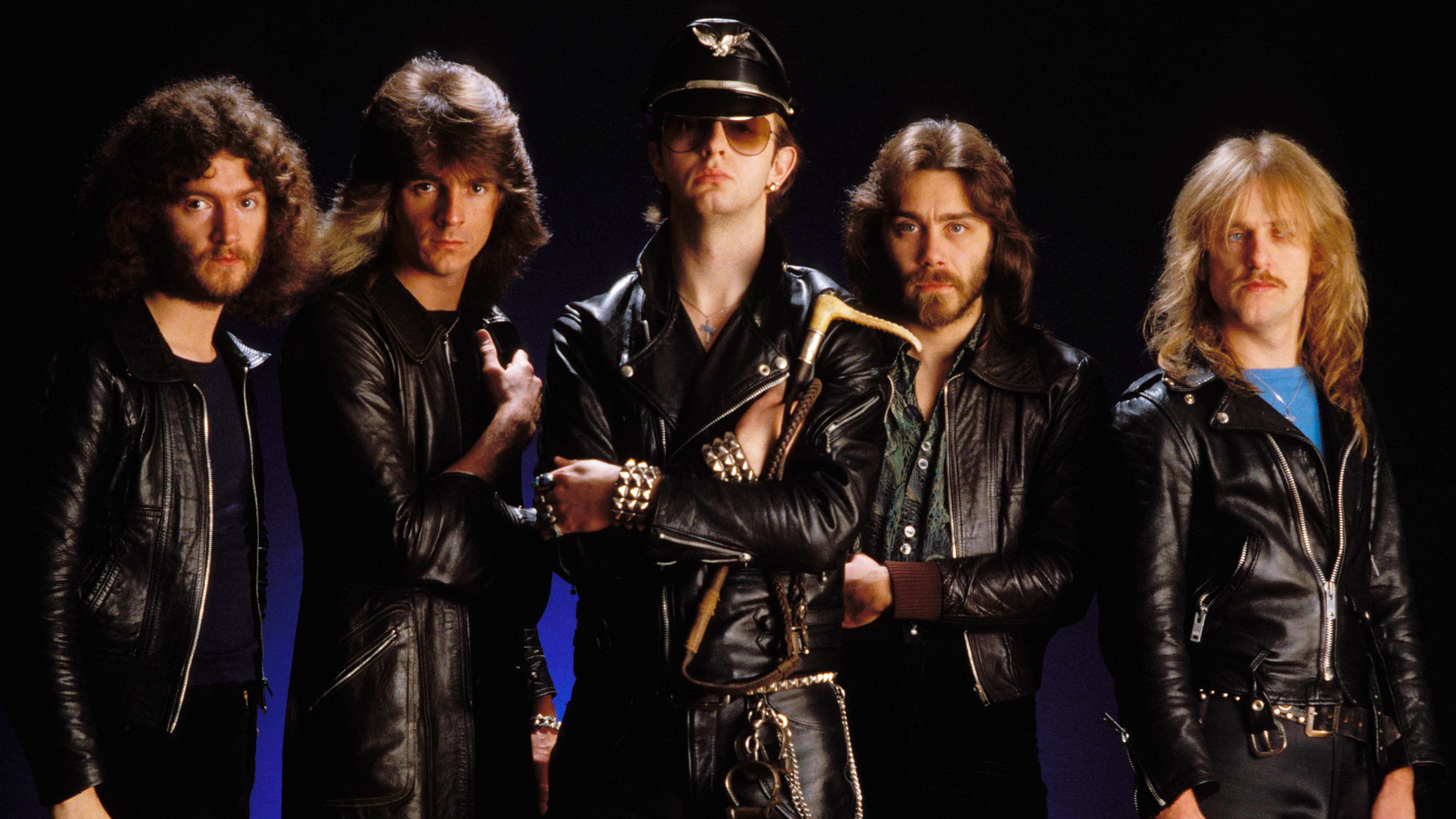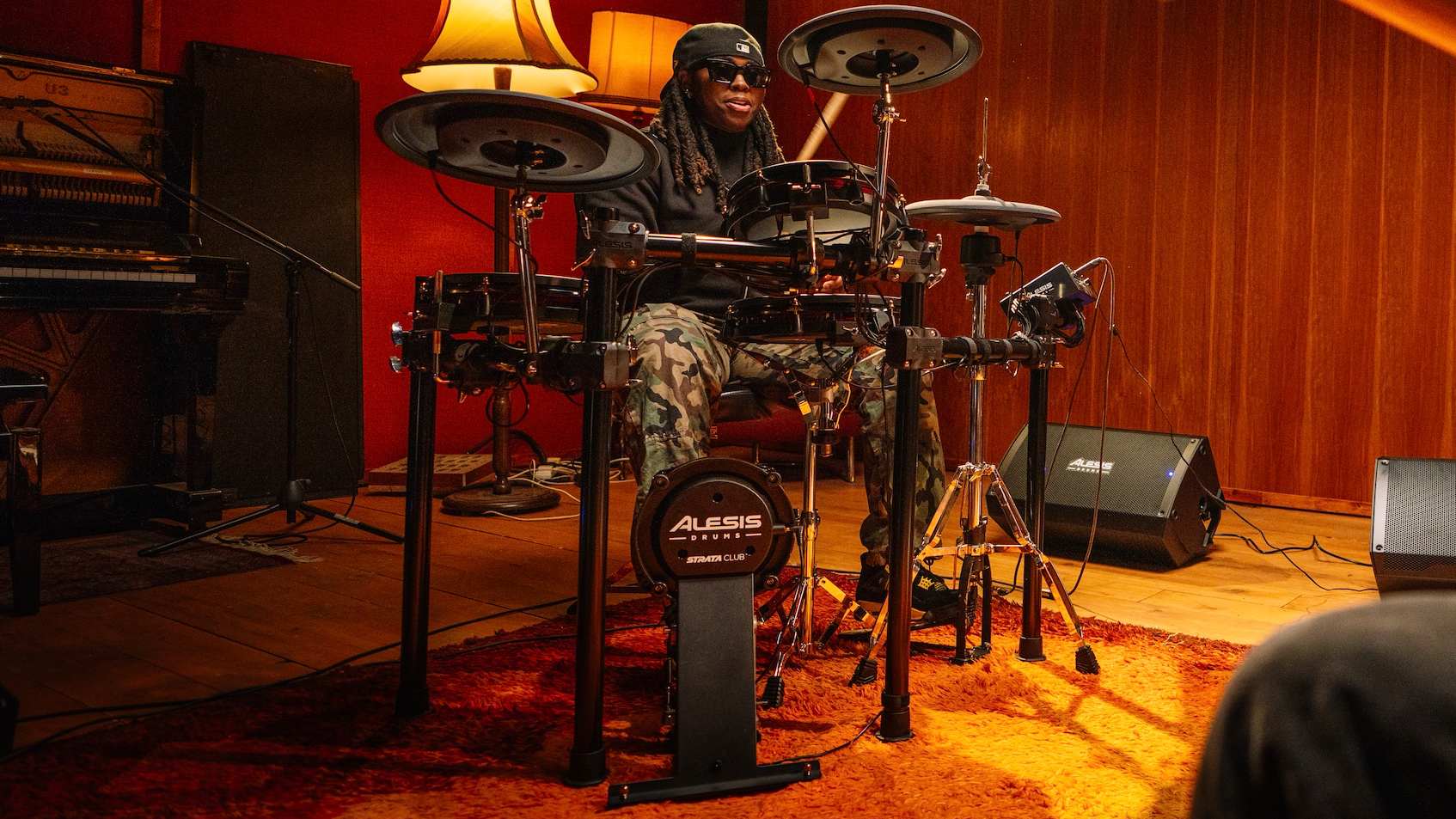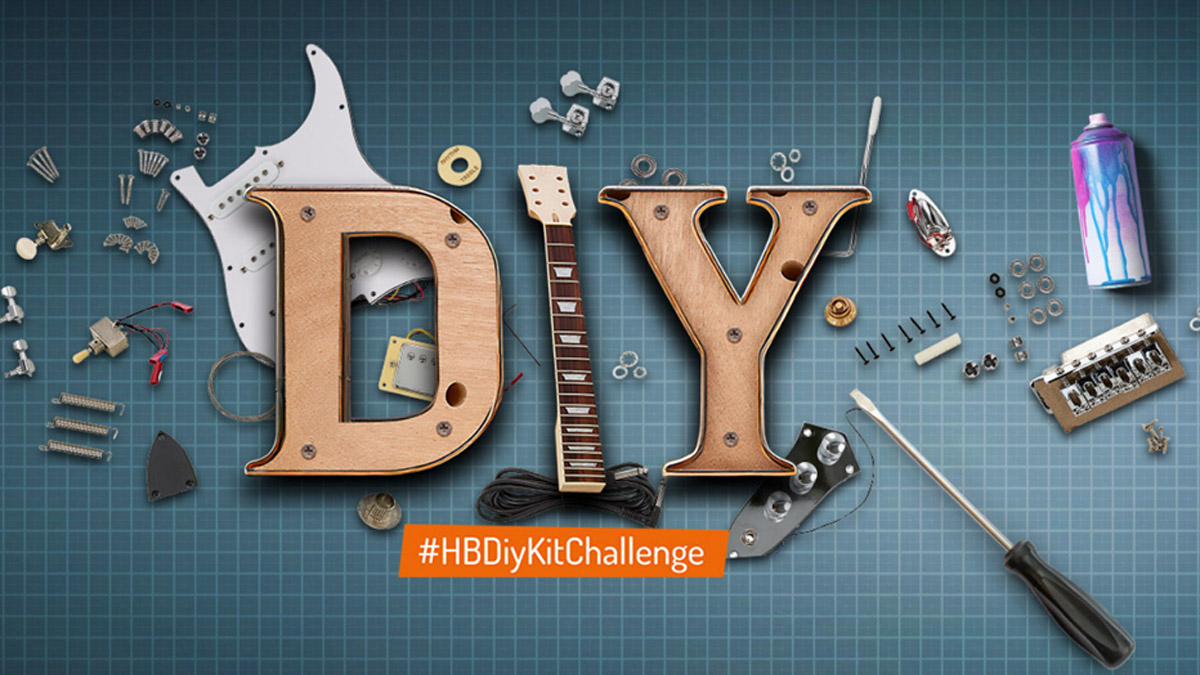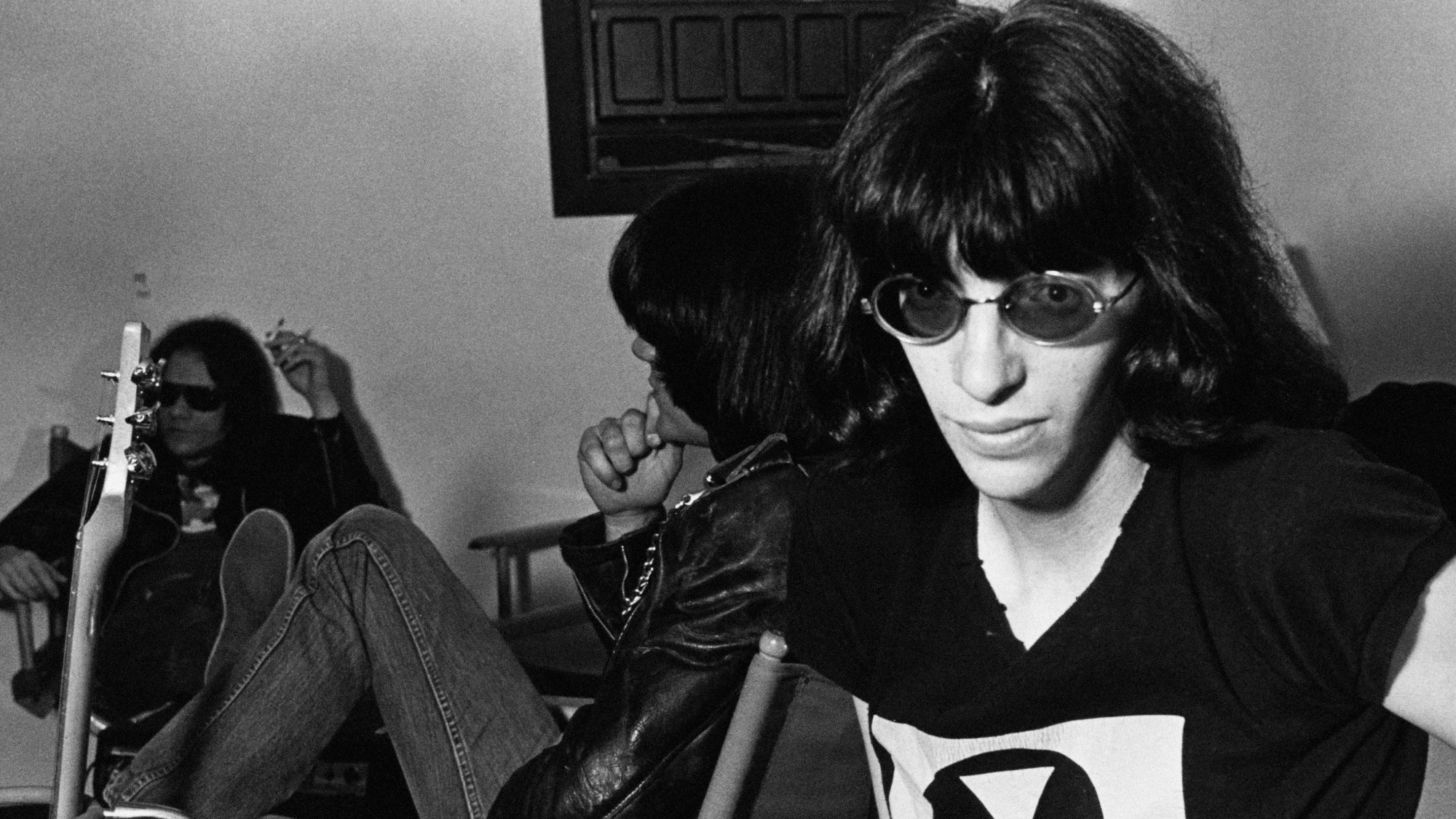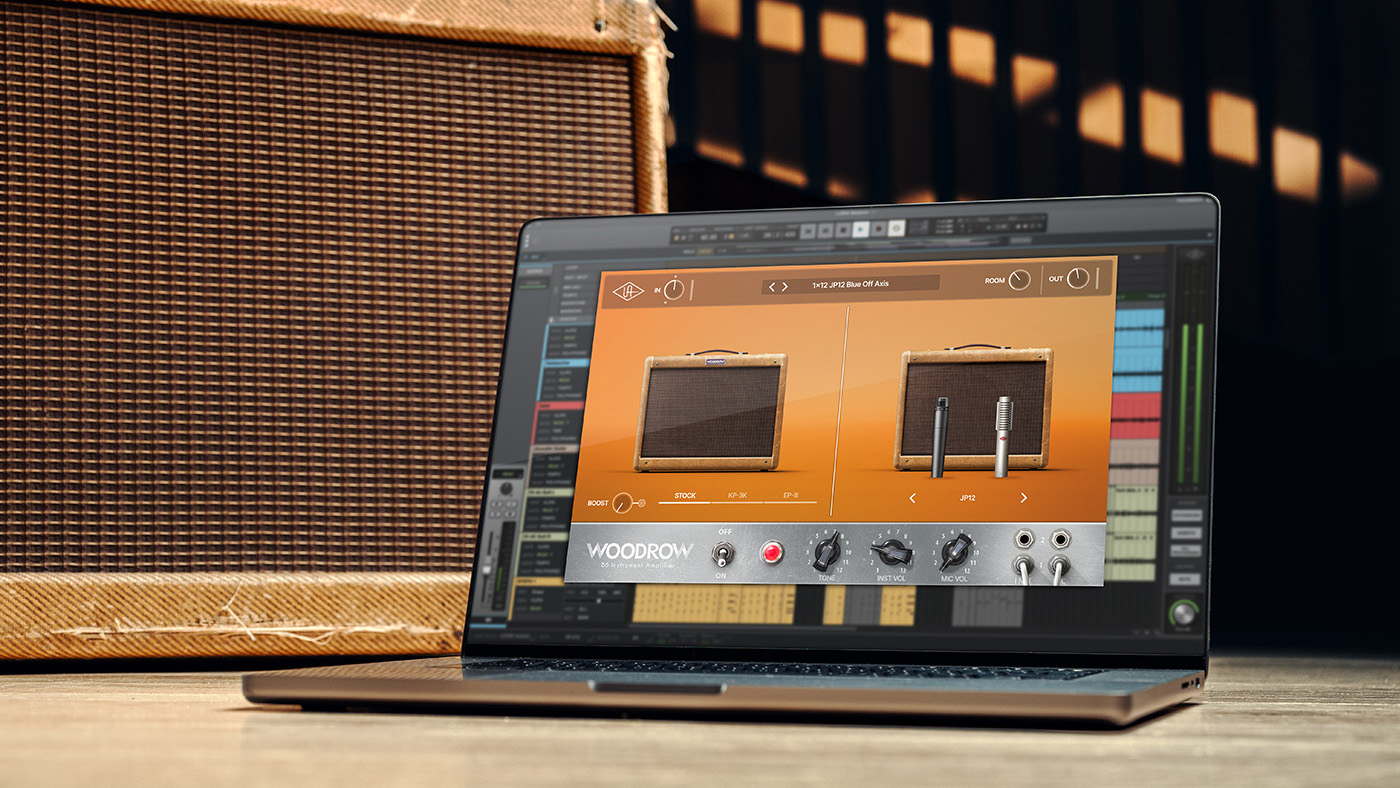Michael Rhodes: “My advice for up-and-coming players is to shut up and listen!”
The Joe Bonamassa bassist talks blues, gear and studio tips
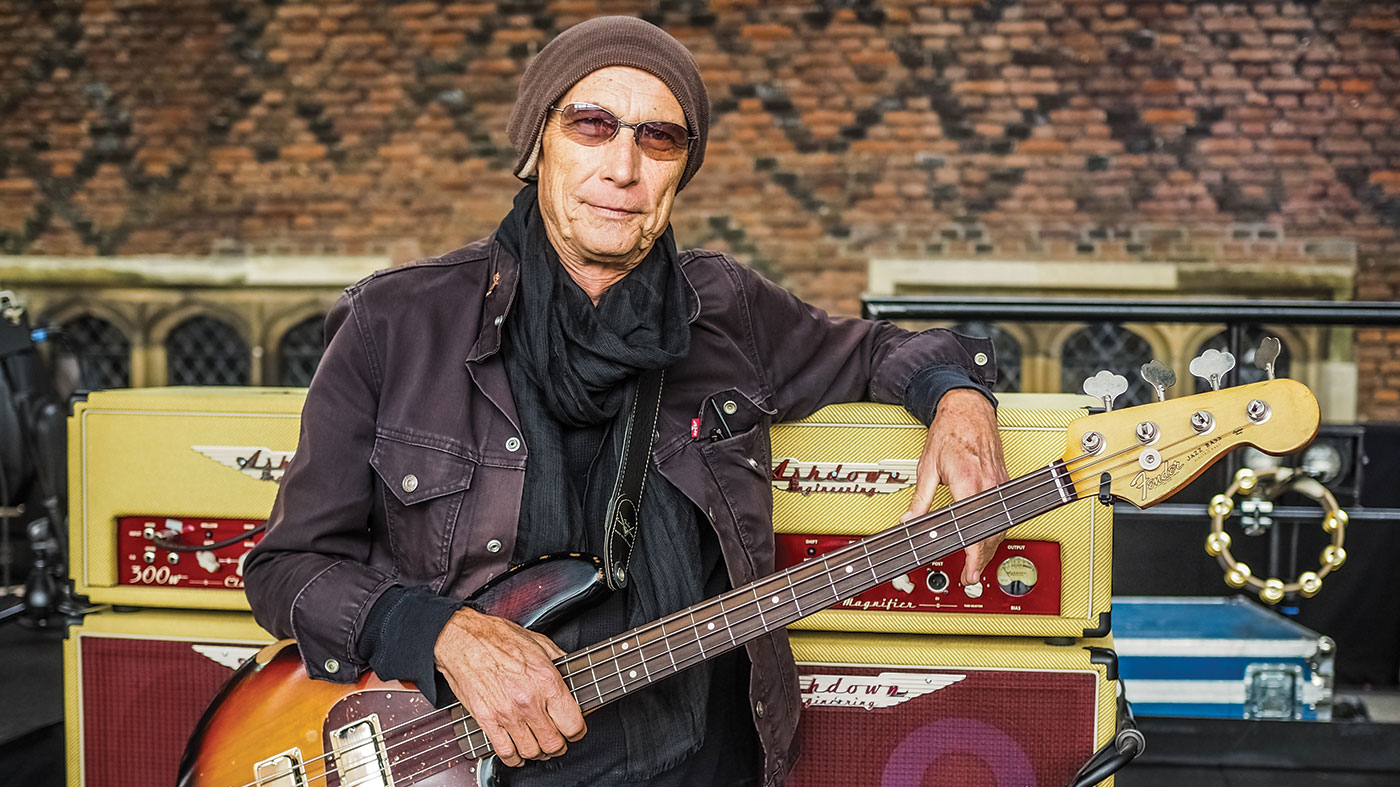
Nashville is a city synonymous with blues, country and roots music, so it’s no wonder that session bass legend Michael Rhodes abides there. Having hopscotched from Louisiana to Austin, Texas, Rhodes moved to Nashville in the early 1970s.
There he built an impressive musical resume, lending his services to studios throughout the city and playing for such artists as Dolly Parton, JJ Cale, the Dixie Chicks and Faith Hill. He’s currently holding down the low end for blues-rock icon Joe Bonamassa, a position he’s held since 2013’s Tour De Force: Live In London album.
I spend about six months of every year on the road, it’s a relentless pace. Sleep is your best friend
“Joe is really great at blending hard rock and blues,” Rhodes enthuses. “Every record, he just gets better. The fans will not be disappointed!” Bonamassa’s latest studio album, Redemption, came out in September and was followed by an extensive European tour, including some UK shows, before the band headed back to tour the States.
“He’s possibly the hardest-working guy in the world right now - he never stops,” observes Rhodes, asked what life is like on the tourbus with such a driven artist. “I spend about six months of every year on the road, it’s a relentless pace. Sleep is your best friend, so you’ve just got to try and get some sleep wherever and whenever possible.”
It’s always good to learn road hacks from a busy bassist. Rhodes continues: “The trick to getting by on tour is by looking after yourself - your health, your fitness, keeping yourself occupied - but you’ve also got to get out there and enjoy yourself. The worst thing you can do is be the guy or gal who spends all day in a hotel room.”
And when we’re off the road? “My advice for up-and-coming players is to shut up and listen!” he chuckles.
“Music is like having a conversation, you have to listen for the most part. The best session players are the ones who are good listeners and can take suggestions. You have to leave your ego out of it. Do what is asked of you and don’t slow the process down, in other words make sure that you’re prepared and all your gear is in good order.”
Get the MusicRadar Newsletter
Want all the hottest music and gear news, reviews, deals, features and more, direct to your inbox? Sign up here.
Studio equaliser
As Rhodes has played with so many incredible musicians, I ask what it’s like to work with them in the studio.
“The studio is a great equaliser,” he says, “because the artists tend to be on their best behaviour. The artist ego goes away, because they’re there to work, not goof around. Your job is to try to figure out how to stay in the game - like, what’s my method of communication here? You’re just feeling out the vibe.”
You get to see artist's natural abilities shine through, as well as their work ethic and habits
Oh, to be a fly on the wall for those studio sessions… Rhodes compares artists’ creative processes: “You get to see their natural abilities shine through, as well as their work ethic and habits. Each artist has his or her own way of working. For instance, Dave Stewart of the Eurythmics is the kind of guy who is very in the zone, and works through compositions in a very organic way, whereas Brian Wilson has much more specific ideas for what he wants, so he tends to have everything worked out in advance.”
As the sound of Redemption is predominantly heavy blues, I’m expecting some P-Bass action - and Rhodes doesn’t disappoint. In his arsenal of gear he has an American Fender Precision ‘63 reissue, complete with D’Addario flatwounds; a ‘59 custom P-Bass; an American Jazz pimped out with Seymour Duncan Thunderbird pickups and D’Addario roundwounds; and a powerful 1964 Epiphone Embassy Deluxe.
These basses are blasted through an Ashdown CTM 300 tube head and a pair of 8x10 Ashdown cabs. Rhodes uses minimal effects when touring with Joe, but he has a few mainstays that he will be taking on the road.
“I use a Dunlop volume pedal, which is great for volume swells for certain tunes, and I also have a Dunlop bass wah,” he explains. “I’ve got a Sadowsky preamp to even out the outputs from the basses, as they’re all a little different, so it’s not about tone there, it’s about volume. It just keeps it all even. I also have a Tech 21 Bass Boost Chorus which I use to imitate a fretless bass sound, instead of having to lug around a fretless for the sake of one song.”
O-Kaye
After listening to Bonamassa’s previous studio albums and Rhodes’ own live work on the double album British Blues Explosion Live, I ask who are his personal bass influences are.
John Paul Jones was the secret weapon of Led Zeppelin, not only as a bass player but as an arranger and overall musician
“It was the pop stuff from the early 60s that I loved,” he tells us. “I’m not ashamed to say that I love pop! All the players on those records, guys like Joe Osbourne, Carol Kaye of the Wrecking Crew, Ray Pullman, James Jamerson, Duck Dunn and Tommy Cogbill… Tommy was a huge influence on me. Then there’s also the more well known guys like Paul McCartney, Jack Bruce and Jack Casady of Jefferson Airplane, who is a powerhouse.”
While listening to the double live album, I can’t help but notice a few blues standards that were made famous by Led Zeppelin.
“That’s another guy - John Paul Jones!” says Rhodes. “He was the secret weapon of Led Zeppelin, not only as a bass player but as an arranger and overall musician.”
In fact, Rhodes’ pocket playing with drummer Anton Fig is reminiscent of Jones and the late John Bonham - the perfect blues rhythm section, and the kind of backbone guitarists dream of. It’s this kind of solidity that gives an artist wings. With a bassist like Michael Rhodes behind you, you’re always in safe hands.
Joe Bonamassa’s album Redemption is out now.





